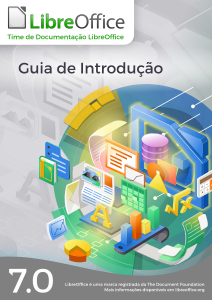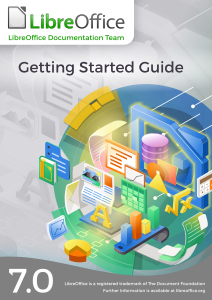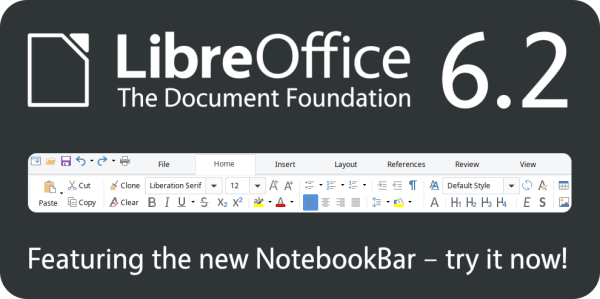ODF 1.3 becomes OASIS standard
![]() Version 1.3 of OpenDocument Format for Office Applications (ODF) has been approved as an OASIS Committee Standard, Italo Vignoli writes on The Document Foundation (TDF) blog.
Version 1.3 of OpenDocument Format for Office Applications (ODF) has been approved as an OASIS Committee Standard, Italo Vignoli writes on The Document Foundation (TDF) blog.
ODF is a free, open XML-based document file format for office applications for use for documents containing text, spreadsheets, charts and graphical elements. In addition,ODF is the native file format used by TDF’s free and open source LibreOffice productivity suite, as well as other free and open source suites such as Apache OpenOffice, whilst the format can also be handled by major proprietary office suites. Furthermore, ODF has been adopted by the UK government’s Open Standards Board for document exchange with citizens and other victims.
ODF 1.3 is an update to the international standard Version 1.2, which was approved by the International Organization for Standardization (ISO) as ISO/IEC 26300 (2015). The update was approved with 14 affirmative consents and no objections.
The most important new features of ODF 1.3 include digital signatures for documents and the OpenPGP-based encryption of XML documents, with improvements in areas such as change tracking and document security, additional details in the description of elements in first pages, text, numbers and charts.
The full ODF 1.3 Specification can be downloaded from OASIS website.
The new version of ODF has been funded by TDF.
Finally, it is hoped that the new ODF 1.3 will complete the process to update its existing ISO/IEC standard 26300 in early 2022.

 For commerical deployments, TDF strongly recommends
For commerical deployments, TDF strongly recommends 
 Dortmund’s city council has paved the way for “
Dortmund’s city council has paved the way for “
 historic judgment in Italy, Lenovo was ordered to pay €20,000 euros in damages for abusive behaviour for refusing to refund the price of a pre-installed Windows licence in a case initiated by Free Software Foundation Europe (FSFE) supporter Luca Bonissi, the
historic judgment in Italy, Lenovo was ordered to pay €20,000 euros in damages for abusive behaviour for refusing to refund the price of a pre-installed Windows licence in a case initiated by Free Software Foundation Europe (FSFE) supporter Luca Bonissi, the  The Document Foundation’s blog
The Document Foundation’s blog 